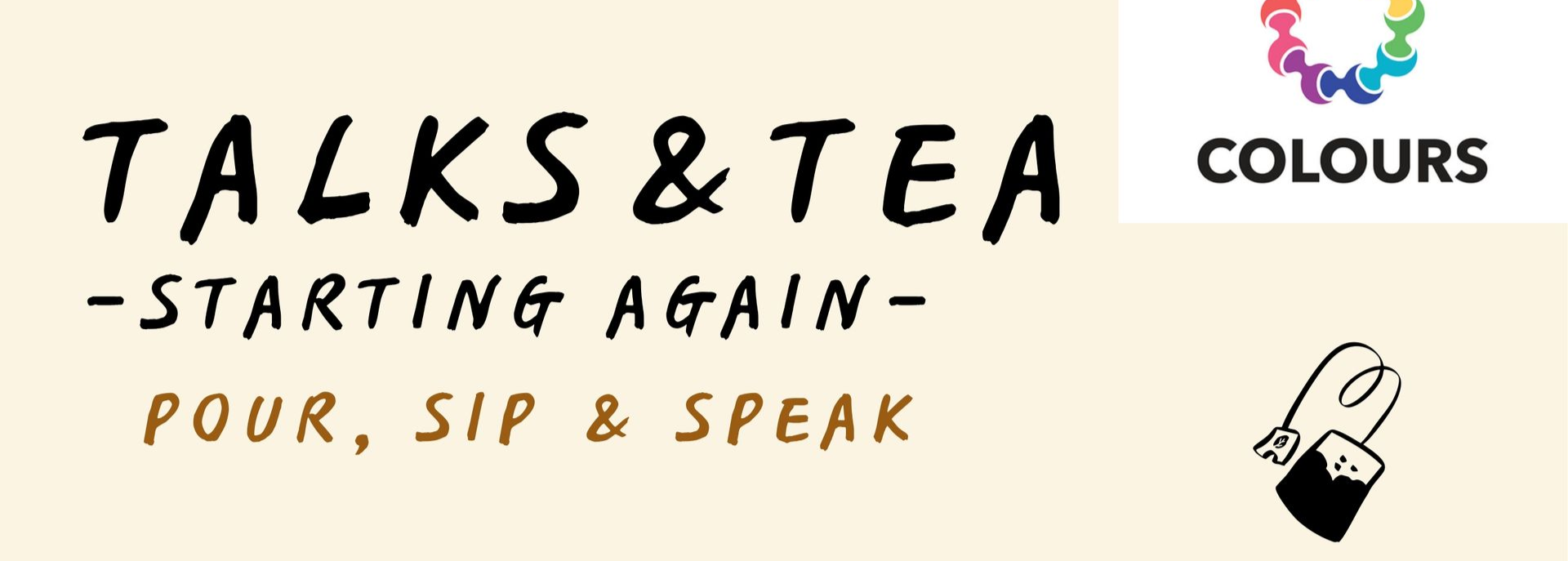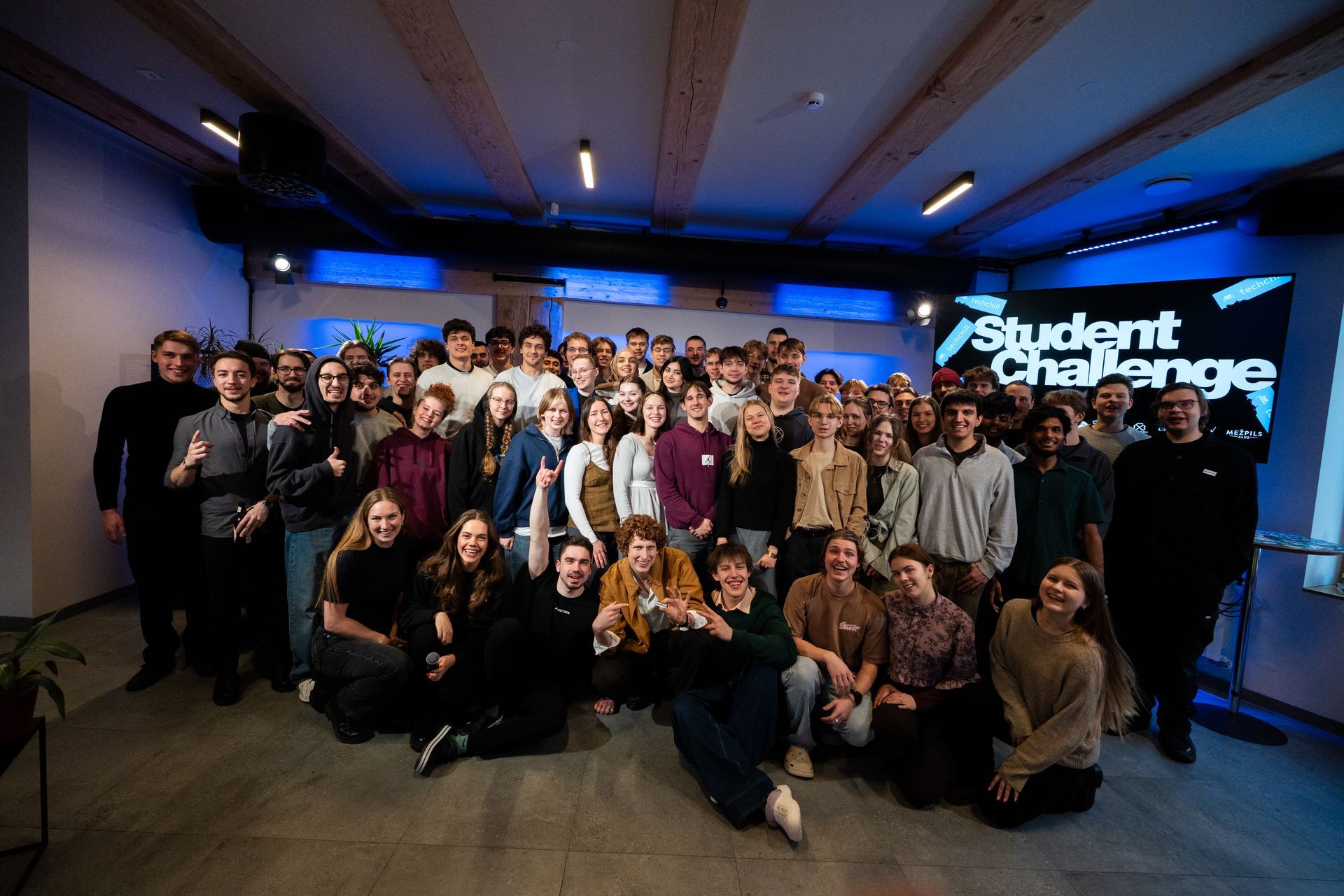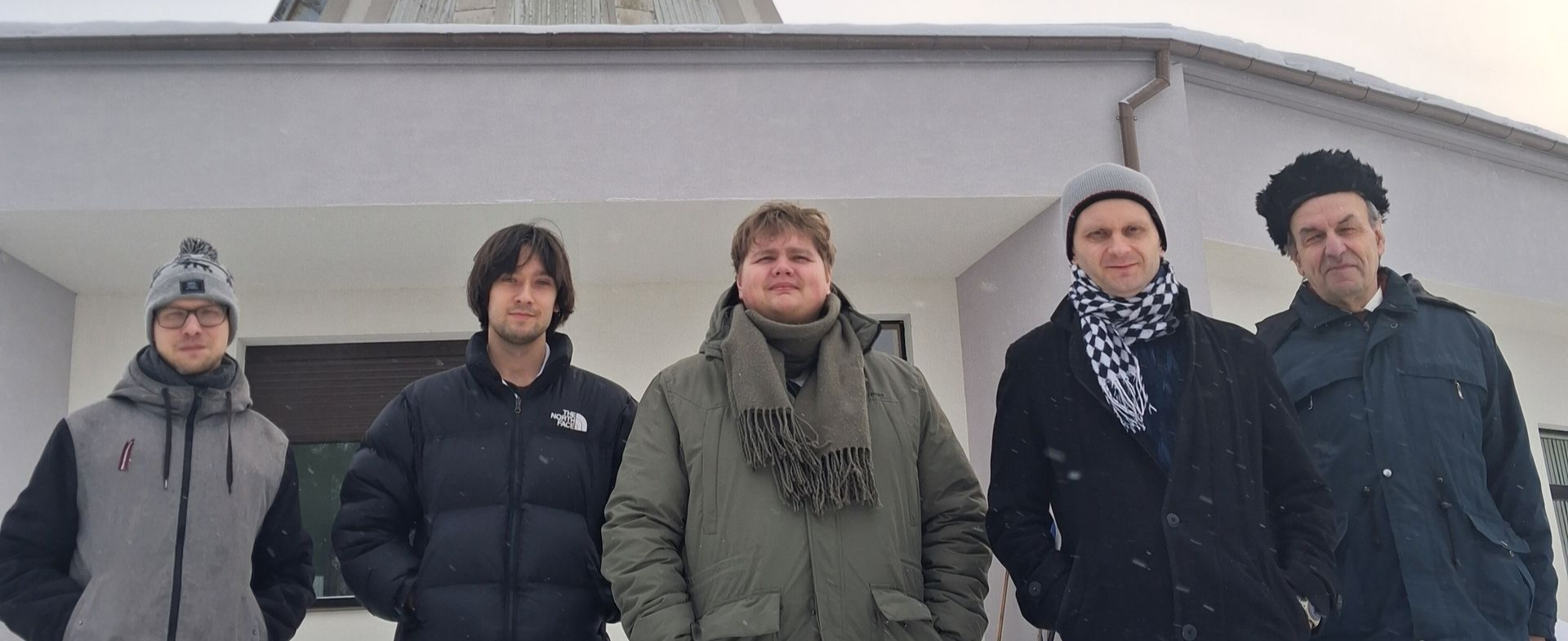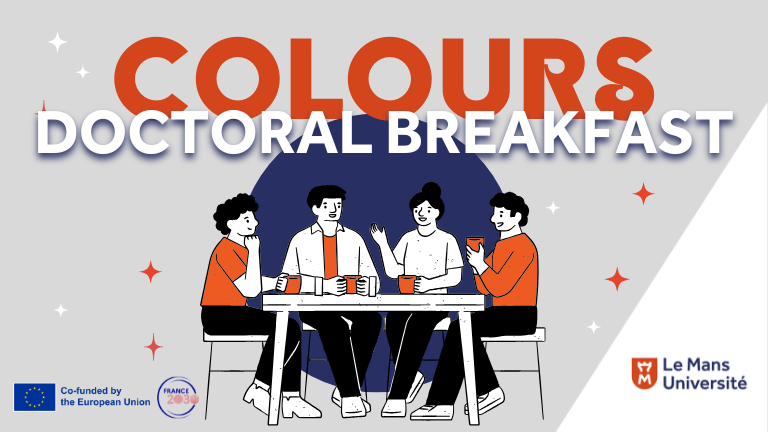Scientists of the project "Studies of Physical-Chemical Processes of the Interstellar Environment" visit the Nicolaus Copernicus University Centre for Astronomy in Toruń, Poland
Within the framework of Ventspils University of Applied Sciences project No.1.1.1.1/16/A/213 "Studies of Physical-Chemical Processes of the Interstellar Environment" three Ventspils University of Applied Sciences Engineering Research Institute "Ventspils International Radio Astronomy Centre" (VIRAC) scientists - project ASTRA scientific supervisor Ivars Šmelds, scientific assistants Artis Aberfelds and Kārlis Bērziņš, from 14 May to 16 May went on an exchange of experience trip to Nicolaus Copernicus University Centre for Astronomy in Toruń (https://www.ca.umk.pl/en/centre/). During the visit, it was planned to discuss the methodology of radio astronomical observations and the data processing performed in both scientific centrs, as well as to discuss participation in possible joint observation programmes and other possibilities of cooperation. This was the second visit during the implementation of the project, during which the work done within the framework of the already established cooperation was analysed and a plan of further joint work was outlined.
The visit began on 14 May with an informal seminar during which staff from the Radio Astronomy Department of Toruń Centre for Astronomy (hereafter the Department) and members of the mission exchanged reports on the situation at both institutes. Mg. Eugeniusz Pazderski reported on the improvement of the Department's infrastructure. New radio receivers are being developed for the 12 GHz and 22-46 GHz bands. The 12 GHz band may prove important for cooperation with the European Space Agency, while the possibility of operating at higher frequencies (20-45 GHz) will be completely new. Despite the wider possibilities, the total number of individual receivers could even decrease due to modernization with the introduction of broadband receivers. In cooperation with the Poznań Supercomputing Centre, a system for receiving the correct time signals has been developed and implemented, and therefore time standards for hydrogen masers in the observatory itself are no longer needed.The signal transmission system (new cables) from the telescope to the control room has been renewed, which has reduced the level of interference during data recording. It was noted that the correct time control system introduced in the Department could be introduced in Irbene over time. The mission participants briefed the Department's staff on the VIRAC's monitoring of infrastructure improvements since the previous visit, including the VIRAC's data recording equipment based on SDR (Software Digital Radio) and the new L-band (1.6 GHz) receivers. It was also noted that the signal recorders currently used by DBBC only use two-bit signal encoding, and it is possible to implement up to 12-bit registration by creating appropriate software. Issues related to the possible applications of the new LOFAR stations were also discussed.
Afterwards, the recent joint VLBI experiment was discussed. Cross-correlation was obtained which indicates that the experiment was successful and the two stations operated synchronously during the experiment. It was concluded that such observations could be useful for clarifying the coordinates of radiation sources. Kārlis Bērziņš presented some ideas by observing in some (1-2) baselines one of the cosmic radiation sources with the catalog name W3 (OH), which would give an opportunity to study the polarization properties of this source. During the seminar, it was emphasized that as the co-operation between the two institutes is constantly expanding and deepening, it would be necessary to conclude a co-operation agreement between them as soon as possible.
Following the visit, the topics covered in the seminar were discussed in depth and work began on the implementation of some of the ideas just discussed.
The results of the observations made by the VIRAC were analysed and, although some possibilities and inaccuracies in the processing of the obtained data were pointed out, it was acknowledged that the data are generally of high quality and fully applicable to conclusions about the characteristics and structure of new star formation areas. It was also the basis for the development and further implementation of future cooperation plans. A programme for joint routine monitoring of many cosmic methanol maser sources (around 400) to capture and investigate their possible outbreaks was discussed. Currently, when this article is being written, preparations are already underway for the implementation of this programme.
The most significant benefit of the visit, however, was the recommendation of the hosts to select some of the most interesting radiation sources observed in Irbene and to study them in depth by applying the observation program to the European Very-long-Baseline Interferometry Network (EVN). Due to the fact that the deadline for submitting the programme application was 1 June, it was started immediately and a large part of the planned visit time was spent on this work. At the end of the visit, this work continued online and culminated in the submission of an application. If accepted, these observations will make a significant contribution to the study of new star-forming areas and also to the achievement of the ASTRA project objectives.
On 17 May, the participants of the business trip went home.
Share on other platforms
Other news







